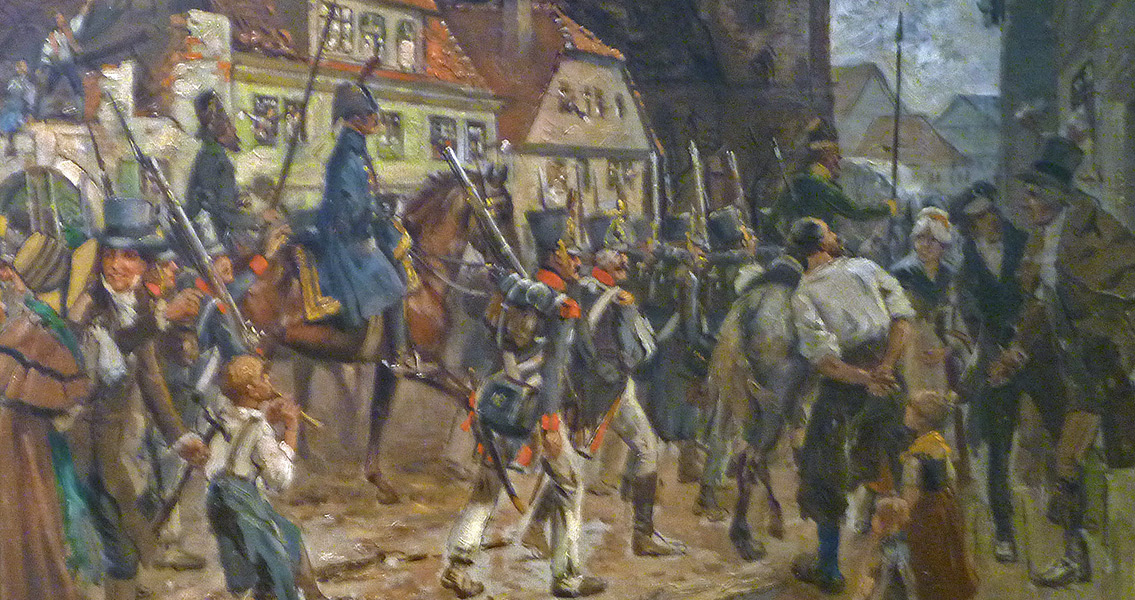<![CDATA[The graves of at least 200 French soldiers who were part of Napoléon’s Grande Armée have been uncovered at a construction site in the German city of Frankfurt. Discovered in the western Rödelheim district of the German city, the graves bear several indications that they had been dug in haste, according to local heritage and historic monuments director Andrea Hampel. In an interview with The Guardian, Hempel remarked that while the skeletal remains of the French soldiers were arranged in a neat row, they lacked any sort of funeral articles. Additionally, the soldiers had been laid to rest facing north, an orientation that went against the norm for Christian burials in Europe at the time - Christians were normally buried in an east-west orientation instead. While this does suggest a rushed attempt at interring these fallen soldiers, Hampel remarked that the remains were found to have been buried in coffins. This helped to preserve their skeletons for more than two centuries. The head of town planning for Frankfurt, Olaf Cunitz, says that the burials are likely to have occurred in 1813, when Napoléon’s forces returned from the French ruler’s ill-fated Russian campaign. Cunitz added that the soldiers from the Grande Armée would have fought in battles that caused around 15,000 casualties in October of 1813 in the Frankfurt region. While Cunitz couldn’t verify how these soldiers had lost their lives, he stated that the likelihood was high that they had either fallen to the typhus epidemic that ravaged the Grande Armée during the time period or from wounds received in battle. So far, at least 30 sets of skeletal remains have been exhumed from the site. Juergen Langendorf, the manager of the construction site, reported to The Guardian that the rest of the graves would be excavated over the next four to six weeks. Napoléon’s 1813 German campaign was an unmitigated failure, as it culminated in his retreat from Germany east of the river Rhine and was the beginning of the end for his regime following his abysmal attempt to invade Russia the previous year. In 1814, the coalition of eastern German rulers that had pushed Napoléon out of the region pursued him into France with an invasion force; when combined with an attack from the south led by British Field Marshal Arthur Wellesley, this pressed the French forces to breaking point. Consequently, Napoléon surrendered and was exiled to the island of Elba. Napoléon escaped Elba the following February. By May he had regained control of the French government and launched a re-conquest of Europe, only to be thwarted by a coalition of British, German, Dutch, and Belgian forces led by Wellesley – who had by then been granted the title of 1st Duke of Wellington for his heroics in battle – outside of a small Belgian town known as Waterloo. Image courtesy of Wikimedia Commons user: JoJan]]>
Graves of 200 French Soldiers Found in Frankfurt
